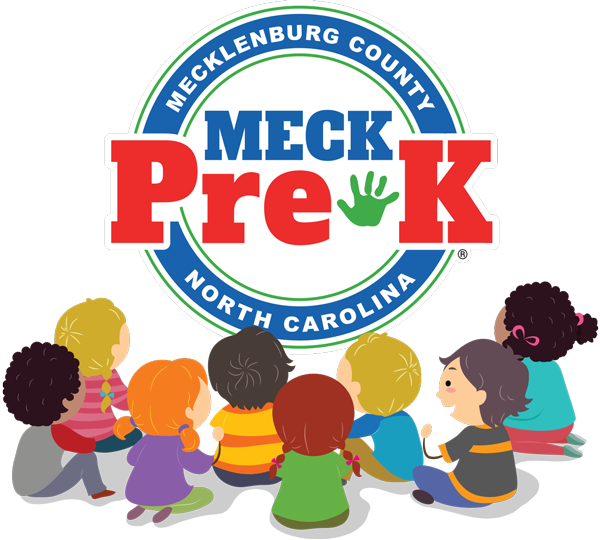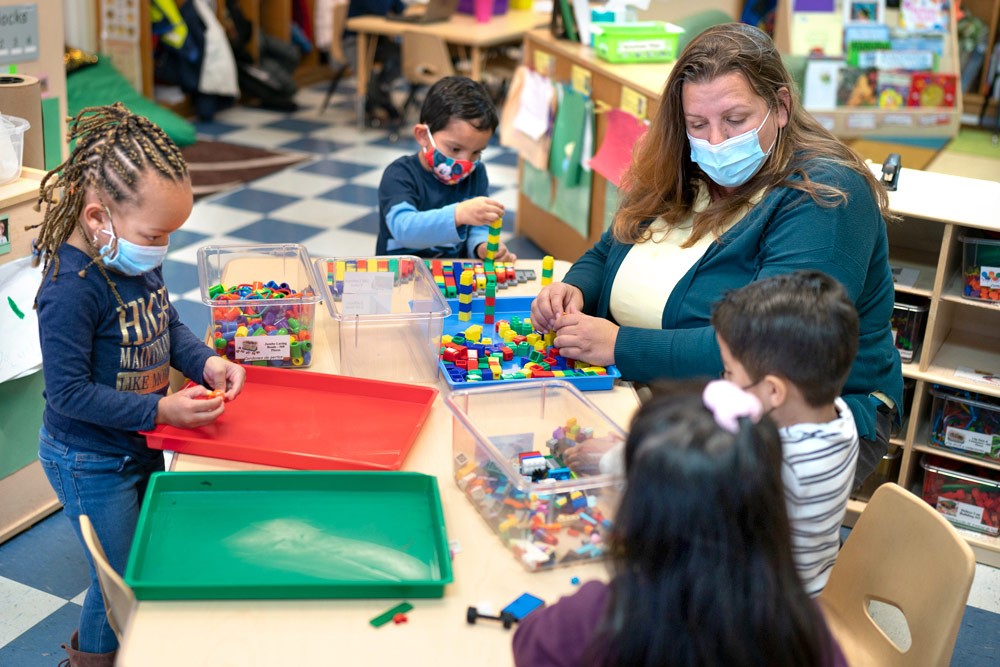What Is The Difference Between Preschool and Pre-K?
We often think of kindergarten as something that has been around forever, but it only became common in the last century, and even now it still continues to evolve. In the past, kindergarten focused on socialization. Many children who entered kindergarten had never been in a classroom setting, so they needed to develop learning skills. Kindergarten was a place for children to get used to being in a classroom setting with others their age.
Today, there is a greater emphasis on academics and child development in kindergarten. Children are expected to have some early reading and writing skills. A quality pre-K program can help prepare children for the kindergarten of today, and ensure that they have the building blocks to success in school and later in life.
In this post, we’ll answer the question, “What is the difference between preschool and pre-K?” and explain the importance of a pre-K program for your children. Research shows that a high-quality pre-K program benefits children not only throughout their education but even during adulthood. That’s why it’s so important for parents to know the difference between these types of programs and what to look for in a pre-K program.
Is Pre-K the Same as Preschool?
Parents often use the terms “preschool” and “pre-k” interchangeably to mean any classroom setting before entering kindergarten. However, they are different. Preschool is a beginning classroom experience for children aged three to four years. Pre-K age is for children ages four and five who will be attending kindergarten the following year. Pre-K has a more structured schedule that helps them prepare for kindergarten.
Preschool has more playtime than pre-K, and can sometimes lack the structure of a kindergarten readiness program. They might begin building foundational skills that prepare them to learn more during the next step along the way. Some of the basic skills that children will learn in preschool include math, phonics, and reading. Preschool also helps children to gain independence. They become more comfortable being away from home. A pre-K classroom has a more structured schedule. Pre-K can serve as a middle ground between preschool and kindergarten.
What Is Taught in Pre-K?
The specific curriculum of a pre-K program will depend on the community and school district in which it is located. The pre-K curriculum will focus on what a child must learn before entering kindergarten.
Some of the basic kindergarten readiness skills children need to know include saying the alphabet and counting to ten. They should have command of basic motor skills, like holding a pencil, and understand self-care such as going to the bathroom or getting dressed alone. These kindergarten readiness skills can be learned at home. A high-quality pre-K program goes beyond the basics and implements a challenging curriculum that helps children to make the transition to kindergarten.
People often ask, “What is in a pre-K curriculum?” and “is pre-K really necessary?” In answer to the first question, a pre-K curriculum consists of hands-on, project-based lessons and activities that foster children’s critical thinking skills, creativity, and confidence.
The curriculum includes lessons that focus on a range of areas of child development, such as:
- Social & Emotional Skills
- Language and Literacy Abilities
- Mathematical and Scientific Thinking
- Joy of Learning
Children learn through encouragement to exhibit eagerness and curiosity, to participate within the classroom, and through communication. They learn to express themselves through art and music and explore through active problem solving and the use of technology.
As to whether pre-K is really necessary, it is if you want your child to be positioned to succeed in kindergarten. Parents sometimes believe that pre-K programs are only an option for high-income families. However, these programs are proven to have the greatest impact on children from low-income families. Research shows that pre-K has a strong impact on early reading and math skills, improvements in social and emotional skills, and a reduction in the number of children who are held back a grade. It can also helps them throughout their adult life.
Is Pre-K Free?
Many publicly funded pre-K programs are free. MECK Pre-K is free and open to children who live in Mecklenburg County and turn four years old on or before August 31 of the school year for which they apply. It is taught by highly qualified teachers and teacher assistants. Check out our website for more information. All families at every income level are encouraged to apply online. You can give your future kindergartner every advantage they need to thrive be enrolling them in a high-quality pre-K program

